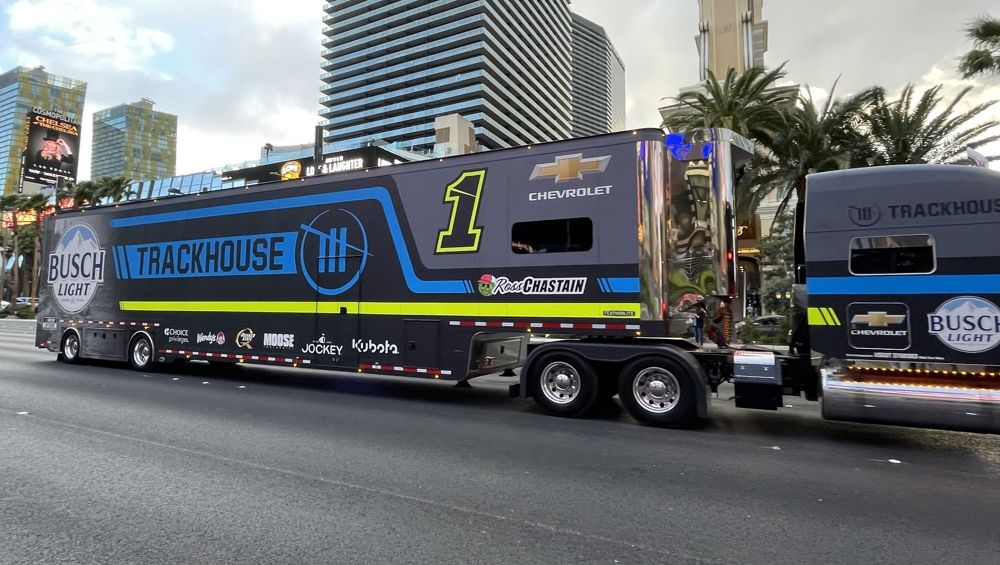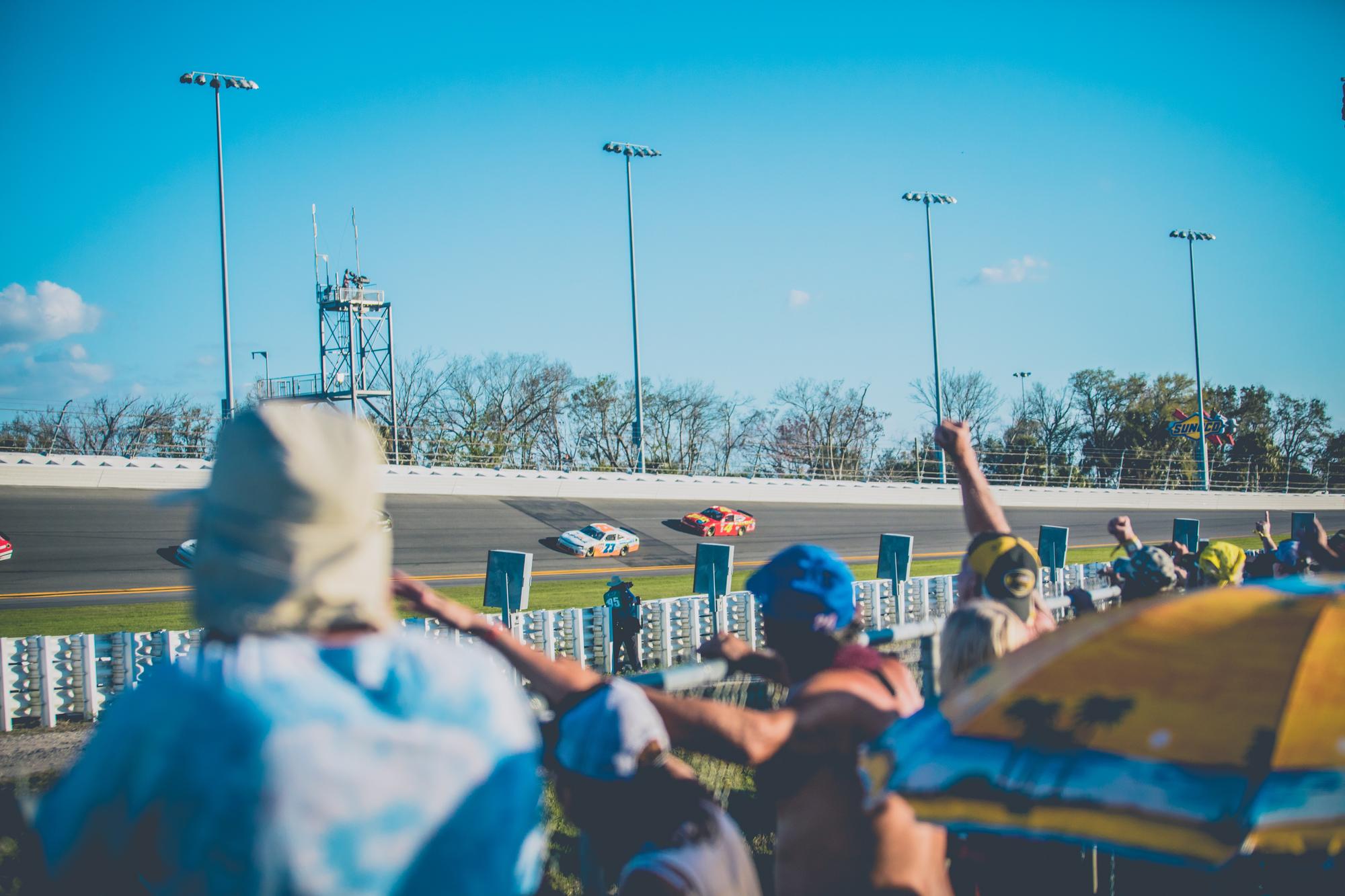NASCAR’s Sponsorship History and Cannabis’ Future

In the high-speed world of NASCAR, sponsorships have always been part of the sport’s DNA. From oil companies and tobacco giants to today’s energy drink and alcohol brands, the logos plastered across race cars tell the story of shifting American culture and regulation. But as cannabis steadily enters the mainstream, a new question emerges: could cannabis brands one day replace or join the Budweisers and Busch Lights of the NASCAR circuit?
The History of Alcohol and NASCAR
Alcohol sponsorship has long been intertwined with NASCAR’s image. Brands like Budweiser, Miller Lite, and Coors Light became iconic through decades of partnerships that aligned their products with speed, excitement, and Southern heritage. Dale Earnhardt Jr.’s Budweiser car and Rusty Wallace’s Miller Lite machine weren’t just race entries—they were cultural touchstones that linked beer to blue-collar pride and weekend leisure.
Even as health campaigns and changing social values pushed other industries, like tobacco, out of motorsports, alcohol’s grip endured. Beer brands pivoted their messaging from partying to celebrating camaraderie and responsible enjoyment, maintaining a presence that remains visible today through partnerships with drivers and series events.
The Cannabis Question
For cannabis brands, NASCAR represents both a dream opportunity and a legal nightmare. Federal prohibition still classifies cannabis as a Schedule I substance, preventing major sports leagues and networks from accepting cannabis-related sponsorships—even for hemp-derived or CBD products in many cases. While alcohol sponsors enjoy prime trackside exposure and national TV coverage, cannabis companies are confined to niche events and digital platforms.
Still, cannabis is following a trajectory similar to alcohol’s early 20th-century evolution. Once demonized and outlawed, it’s now regulated, taxed, and increasingly accepted at the state level. The rise of cannabis normalization—from professional athletes advocating its benefits to mainstream investors entering the space—suggests that its entry into motorsport sponsorship is a matter of “when,” not “if.”
Parallels and Opportunities
The parallels between alcohol and cannabis branding are striking. Both industries revolve around lifestyle marketing — relaxation, social connection, and celebration — and both face scrutiny over responsible use. Just as alcohol sponsors had to adapt messaging around moderation, cannabis brands are already emphasizing wellness, natural alternatives, and recovery.
A potential future where a NASCAR team carries a cannabis sponsor isn’t far-fetched. Companies producing hemp-based CBD products could find early opportunities through non-THC sponsorships, similar to how tobacco companies once promoted “smokeless” or alternative products. CBD-focused wellness brands like Charlotte’s Web or CaniBrands could feasibly sponsor performance or recovery segments, aligning cannabis with athlete health rather than vice.
Shifting Gears Toward the Future
The biggest barriers are legal and cultural. NASCAR’s core demographic — conservative-leaning, older audiences — may still hold stigmas toward cannabis. The sport’s corporate sponsors, many of which are publicly traded, are cautious about associating with federally illegal products. Moreover, broadcast networks like Fox and NBC are governed by FCC regulations that currently restrict cannabis-related advertising.
Until federal legalization or significant policy reform occurs, cannabis sponsorships in NASCAR remain unlikely. However, cannabis brands are watching closely — learning from alcohol’s evolution, investing in compliance, and crafting responsible marketing narratives ready for when the green flag finally drops.
The future intersection of cannabis and NASCAR sponsorship could redefine what it means to market a “vice” responsibly. As cannabis moves from stigma to mainstream, it could follow alcohol’s trajectory — from banned to branded, from outlawed to on-track. For now, the Bud Light banners still wave over pit lane, but one day, a cannabis wellness company logo might share that same spotlight — signaling not rebellion, but recognition of a changing America.

